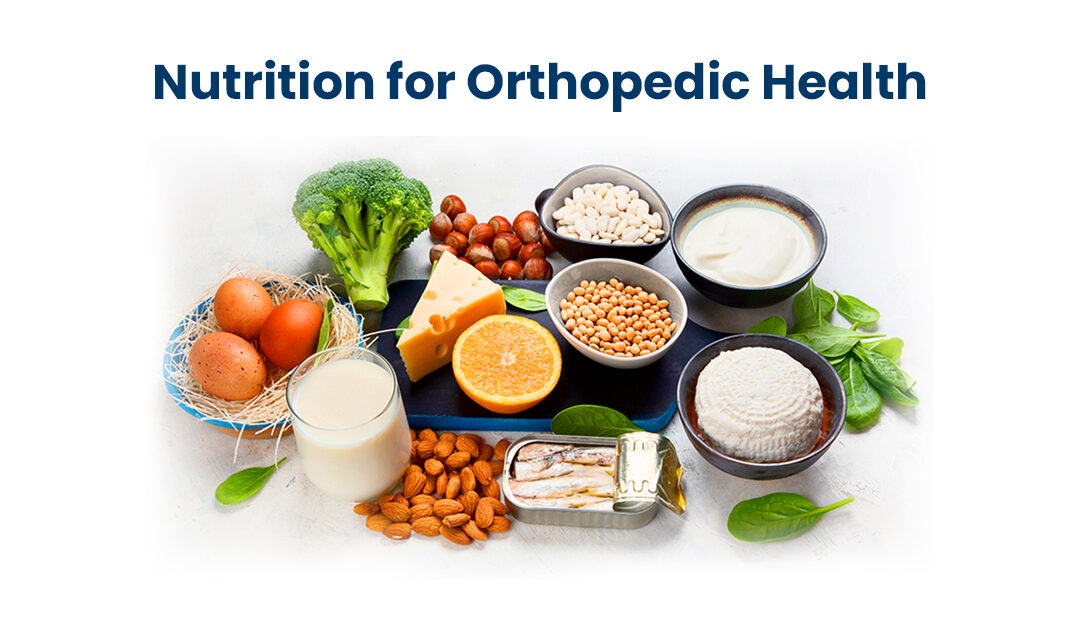Our bodies are intricate machinery, and like any machinery, they need the proper fuel to operate at their best. The diet we pick has a significant impact on maintaining strong bones, reducing injuries, and promoting healing following surgery when it comes to orthopedic health. Knowing the link between diet and orthopedic health may be empowering, regardless of whether you’re an active athlete, recuperating from an injury, or just trying to keep your joints healthy.
Calcium and other nutrients – a bone-boosting powerhouse
A healthy diet rich in calcium is essential for maintaining strong bones throughout life. In addition to dairy items like milk, cheese, and yogurt, other great sources include tofu, leafy greens, and fortified cereals. Because vitamin D aids in the body’s absorption of calcium, take supplements or enjoy some safe sun exposure. In addition to calcium, magnesium, and phosphorus contribute to strong bones. Vitamin C promotes the synthesis of collagen, which is essential for the integrity of connective tissue, whereas vitamin K aids in the mineralization of bones. Never undervalue the importance of protein; it is necessary for both tissue growth and repair. Choose lean sources such as poultry, fish, beans, and nuts.
Conditions like arthritis and joint discomfort can be exacerbated by chronic inflammation. Choose anti-inflammatory foods such as fruits, vegetables, walnuts, flaxseeds, and fatty fish, which are high in omega-3 fatty acids. Steer clear of processed foods, sugar-filled beverages, and too much red meat as they could worsen inflammation.
Nourishment after Surgery
After orthopedic surgery, your body requires additional assistance in order to recover and repair. Make sure you consume enough protein to aid in tissue healing, and don’t overlook fruits and vegetables as they provide essential vitamins and minerals. Water is essential, so try to drink a lot of it throughout the day.
Additional healthy lifestyle choices for Orthopedic Health
A balanced diet is important, but keep in mind that lifestyle choices also matter. Reducing weight to a healthy level eases joint tension. Frequent exercise builds stronger bones and muscles, but be sure to choose activities that won’t strain your joints, especially while you’re recovering. Remember that getting enough sleep is essential for your body to rebuild and repair tissues.
You can nourish your body for a strong, healthy, and active life by making educated food choices and knowing the relationship between nutrition and orthopedic health. Recall that even little adjustments can have a significant impact, so begin implementing these suggestions right now to give yourself the power to manage your orthopedic health.

